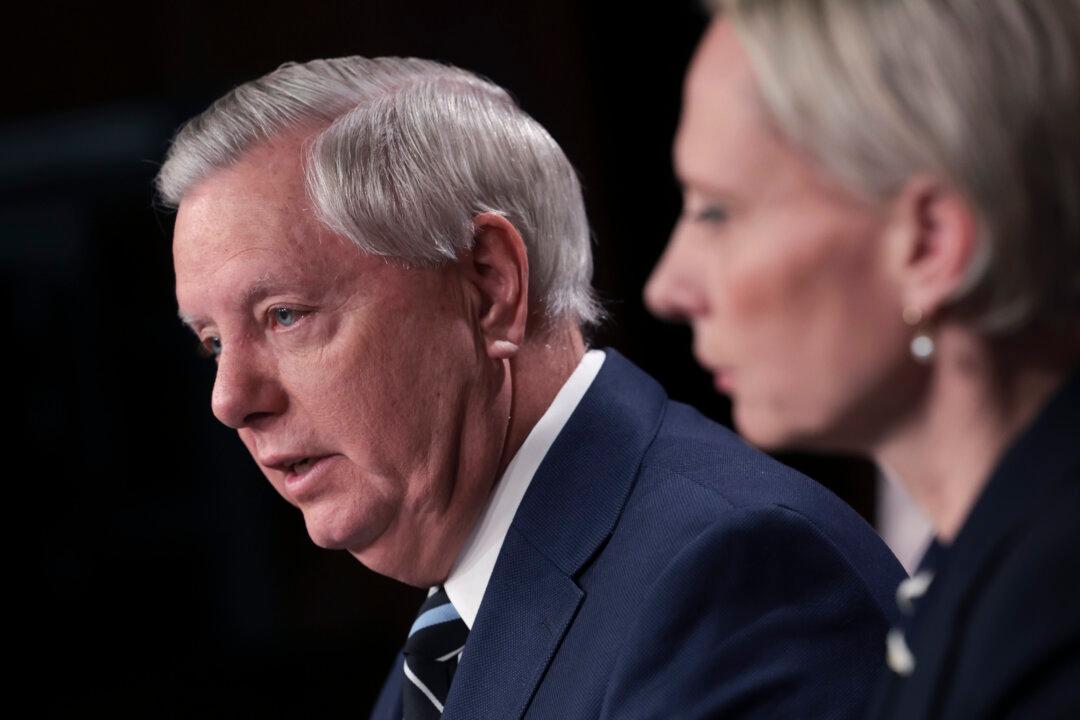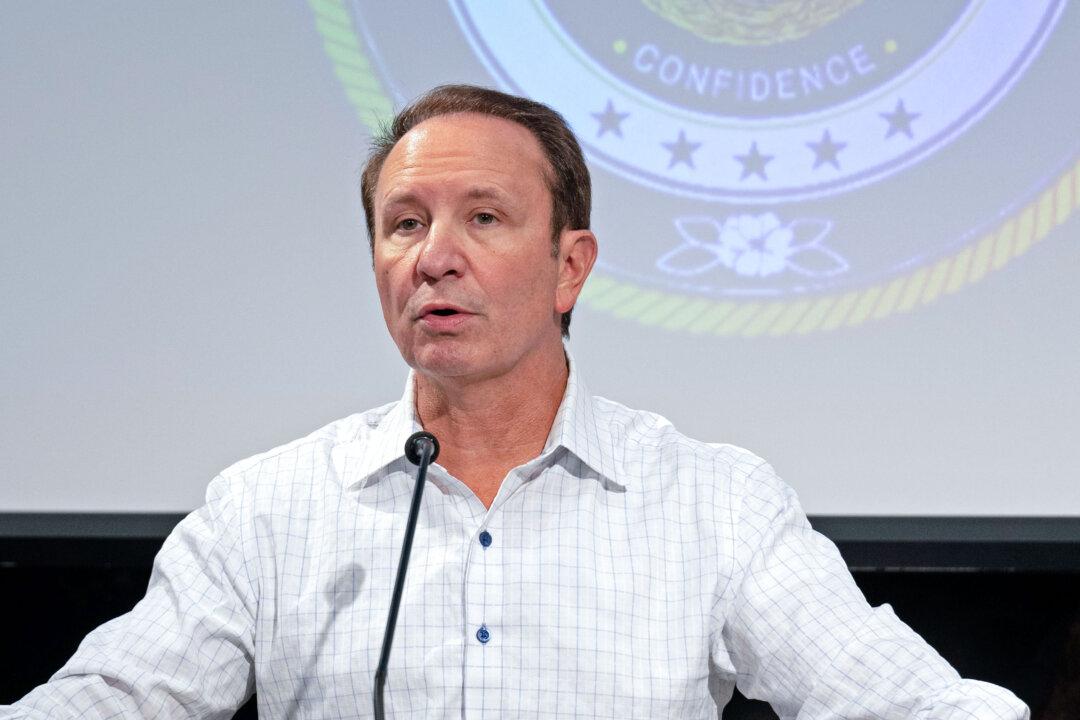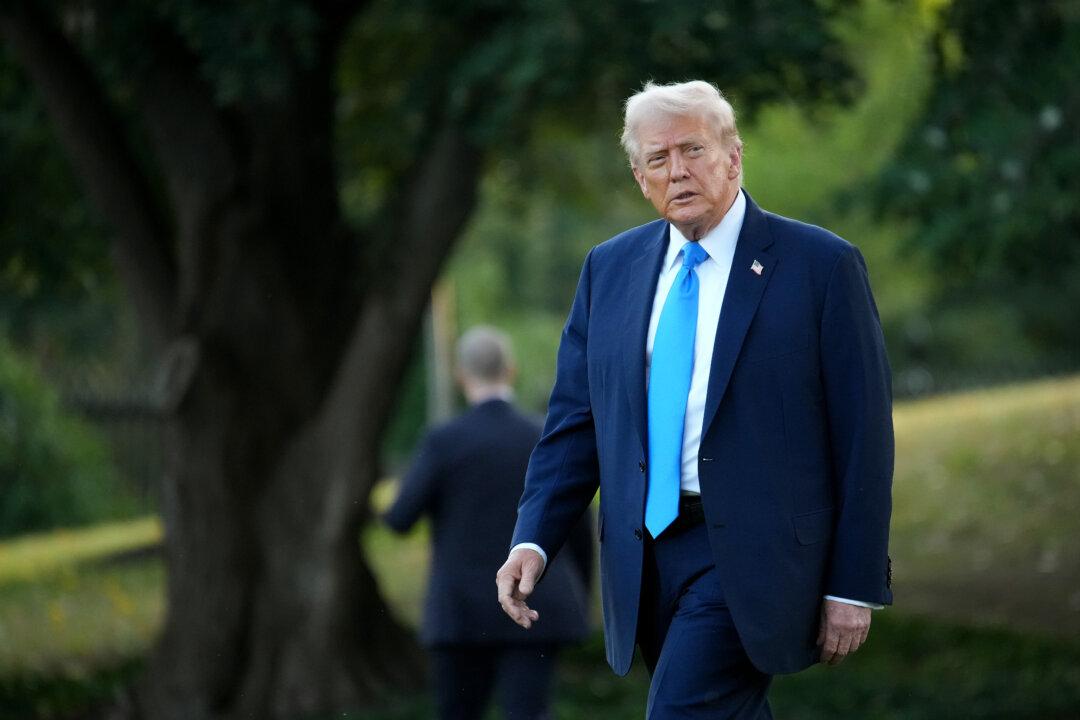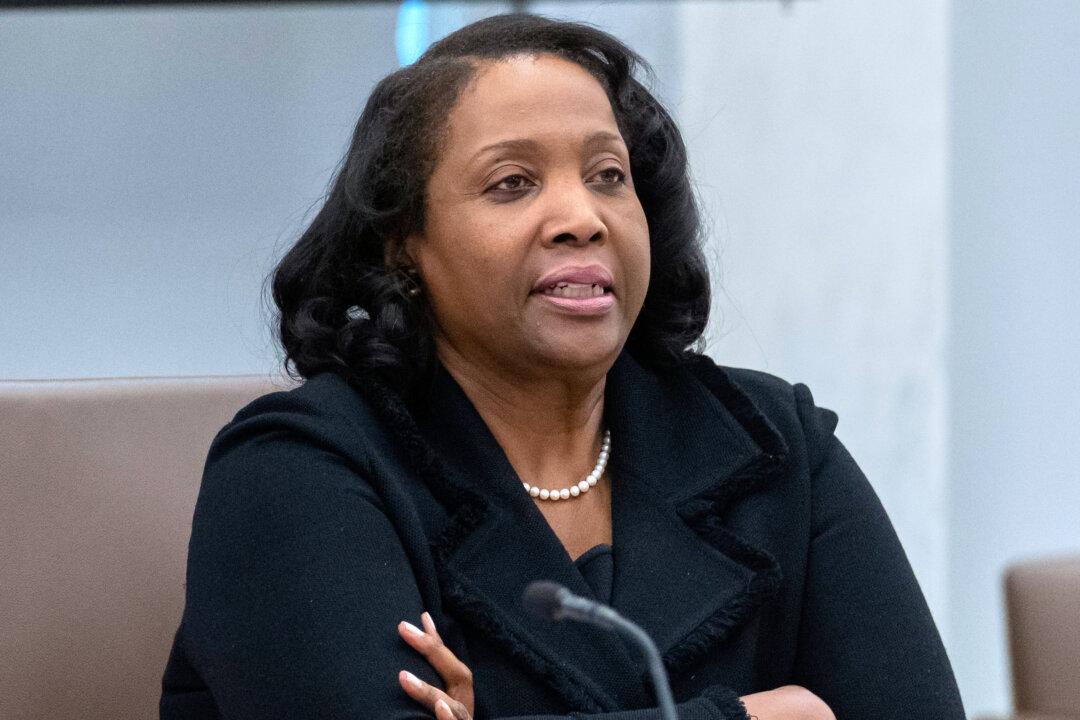U.S. Sen. Lindsey Graham (R-S.C.) said the United States should designate Russia as a state sponsor of terrorism and start training Ukrainian pilots on using F-16 fighter jets to aid Kyiv in the Russia-Ukraine war.
Graham’s requests, if granted, would represent a significant escalation in military support from the United States to Ukraine. It comes a day after Vice President Kamala Harris formally declared Putin’s Russia to have committed “crimes against humanity” in Ukraine.





